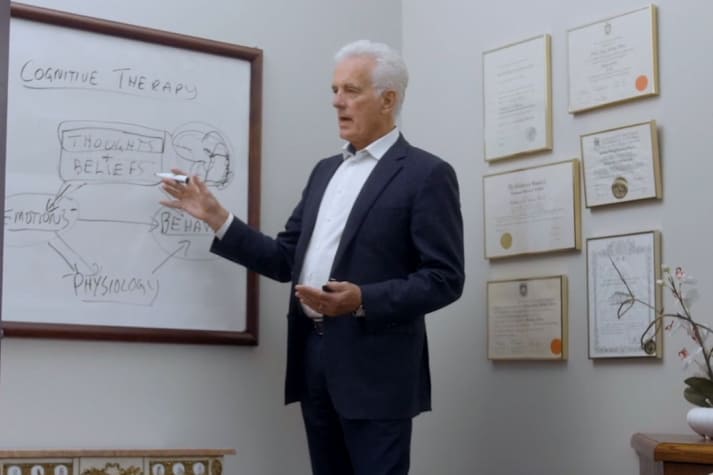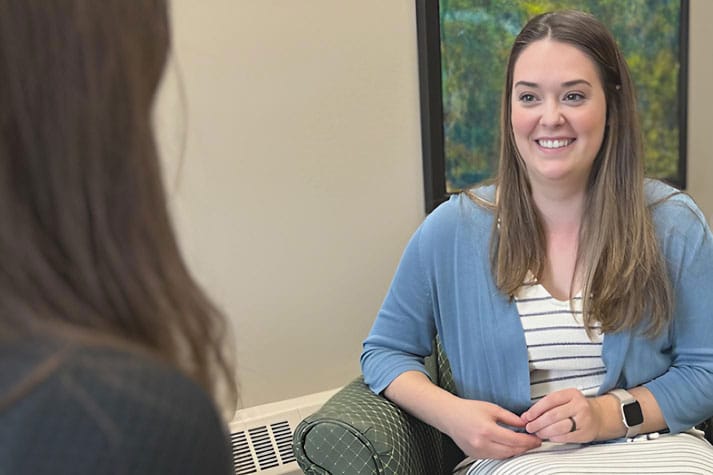Why Cognitive?

Why Cognitive Therapy?
The major reason for using Cognitive Therapy is because it is evidence based. This means that there is a large body of research evidence to indicate that this form of therapy is effective for the problems it addresses. A sample of the wide research base for Cognitive Therapy is reviewed in the Research section. It is uniquely based on principles derived from basic science in behavioural science, social psychology, cognitive science and neuroscience. It appeals to many because it is problem oriented and is more focused on moving forward to solve problems than going over the past to determine why the problems exist.
Therapists are trained to be active and directive in therapy using strategies that guide clients, rather than simply listen. The goal of therapists at the Centre for
Cognitive Therapy is to teach clients to ‘become their own therapists’. Education is an important component of therapy.
Therapists at the Centre of Cognitive Therapy are unconditionally accepting of clients. They are warm and empathic and seek to fully understand clients to be most helpful. Therapists are also trained to be collaborative, and work hard to be sure that they are following the overall goals of their clients and that their clients are able to move forward in therapy at a comfortable pace.
When is cognitive therapy used?
Cognitive Therapy is widely used in the area of mental health. Historically, Cognitive Therapy on its own has been found to be one of the most effective treatments for anxiety and depression. When anti-depressants are used for depression, and cognitive therapy is added to the treatment, the results are more effective and longer lasting than is the use of anti-depressants alone. More recently, cognitive therapy has been found effective for problems other than depression and anxiety, including eating disorders, post-traumatic stress disorder, relationship difficulties, and personality problems. It is considered effective for children, adolescents and adults. The wide variety of specific problems for which research supports using Cognitive Therapy for, is reviewed in the Research Section.
Today, Cognitive Therapy can be used for managing life stress. Many people who may not have a mental health issue, experience considerable life stress, whether in the schools, workplace, at home, in relationships, families or with health related problems. Principles of Cognitive Therapy can provide guidance to help with some of these modern stressors of daily life. Today, Mindfulness Meditation is widely used at the Centre for Cognitive Therapy and the principles taught have widespread usefulness.
At the Centre for Cognitive Therapy we often seek to go beyond alleviating problems and stress. Cognitive Therapy uses principles derived from Positive Psychology where the goal is to discover the principles that help us flourish. Today Positive Psychology offers many insights into the psychological conditions under which we thrive.
The sessions
In individual therapy, clients will usually meet with a therapist for between 5 and 20 weekly sessions. Each session will last between 30 and 60 minutes. Sometimes people will meet with a therapist weekly at the beginning and, as therapy progresses, space the appointments out to once every 2 weeks or once a month in follow-up. In the first 2-4 sessions, the therapist will check that this sort of treatment will benefit the client and the client can check that they feel comfortable with it. Clients decide what they would like to address in the short, medium and long term. The client and the therapist will usually start each session by agreeing on what to work on that day.

